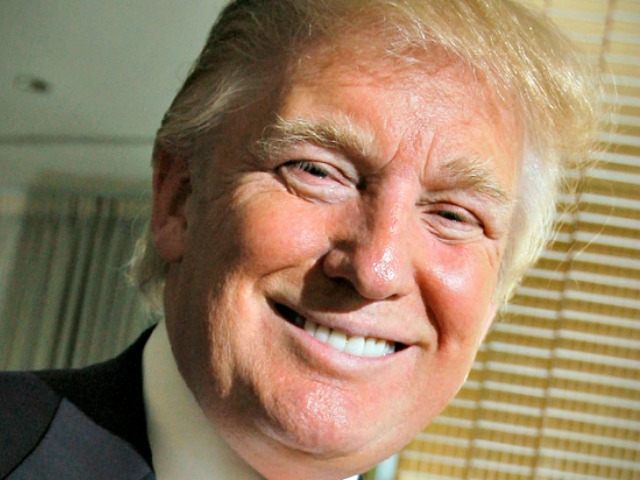Donald Trump may be even more popular than traditional polls are showing.
Trump consistently gets a whopping 6 percent more supporters in online polls than in traditional telephone-polls — and that’s a big margin in a race with a dozen contenders. This discrepancy between online and live interview polls has baffled survey experts, because online polls have become quite accurate since previous presidential elections.
A new study detected a possible reason for the 6 percent difference: college-graduate men are apparently reluctant to tell phone interviewers that they like Trump, but are more comfortable revealing their opinions via online polls.
Media analytics firm, Morning Consult, conducted a poll of 2,500 respondents, and randomly selected some respondents for a phone interview after they completed questions online. In this way, the study gets around the challenging fact that online and telephone polls often reach different populations. Under this randomization double-check, they could tease out whether the medium of the poll itself made a difference to Trump’s support.
“The study finds that Trump performs about six percentage points better online than via live telephone interviewing and that his [hidden] advantage online is driven by adults with higher levels of education,” explains the report [PDF].
“Among adults with a bachelors degree or postgraduate degree, Trump performs about 10 percentage points better online than via live telephone,” the poll showed.
Trump normally scores higher among high-school educated respondents than among college-grad respondents. But his apparently poor performance with college-educated respondents is partly driven by their reluctance to speak freely in telephone polls.
It appears that–for some reason–educated men have difficulty admitting they like Trump to a live person. This may not only hold for anonymous respondents, but citizens as well, who are less likely to speak out in favor of Trump in a public forum.
We can’t know why the difference exists, since the study didn’t look at why respondents chose certain candidates. But, it does raise very interesting questions about Trump’s popularity and Americans’ comfort in speaking their minds.

COMMENTS
Please let us know if you're having issues with commenting.